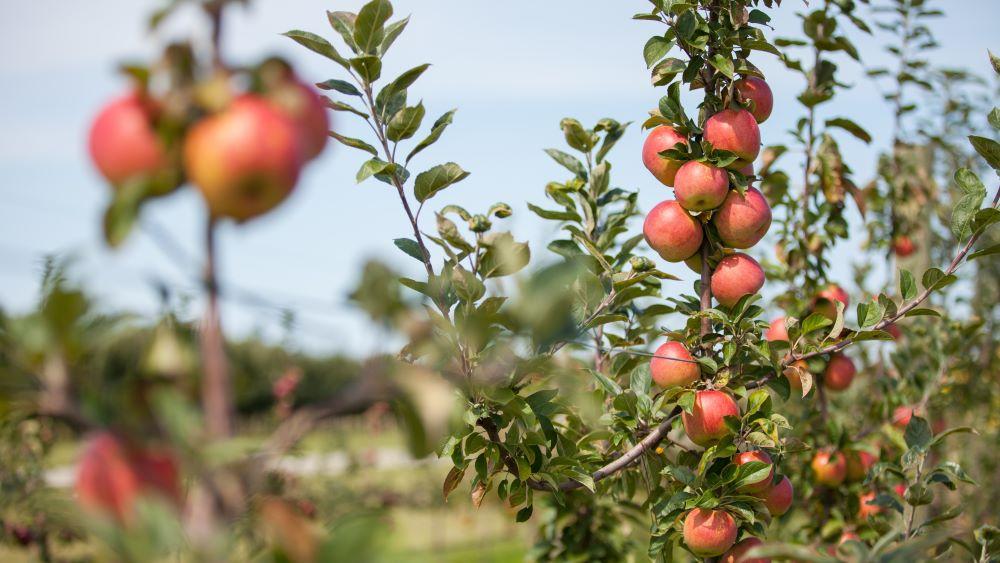Unique laboratory certification helps farmers grow good food in Ontario

![]()
Many of Ontarians’ favourite fruits and vegetables are grown locally in the province. To satisfy the demand for greenhouse-grown cucumbers, flavourful sweet potatoes and crunchy apples, farmers need to prevent and manage crop-specific pests.
But they face a pest control challenge stemming from these crops’ relatively low production acreage in the province.
Fruit and vegetable production accounts for less than half of Ontario’s farmland. Grown on a collective 245,000 acres, these are so-called “minor crops” compared to the more than six million acres devoted to production of grains and soybeans.
The pesticides that help farmers protect their harvests must be registered for use on each specific crop. But smaller acreage or specialty crops may not be a priority for pest control manufacturers seeking pesticide registration. The University of Guelph’s Agriculture and Food Laboratory (AFL), which receives funding through the Ontario Agri-Food Innovation Alliance, helps producers stay competitive in the marketplace by supporting the Ontario Minor Use Program. This program provides minor and specialty crop growers with access to these essential pest control products.
The AFL is one of only three laboratories operating in Canada with the required “Good Laboratory Practices” (GLP) accreditation to support this minor use program. Apart from one federally operated site, the AFL is the only laboratory currently supporting the program.
Good laboratory practices ensure safety and quality of agricultural products
GLP is a quality control system that outlines the processes and conditions required for analyzing pesticides and veterinary medical products; this accreditation includes specialized training. It’s a natural fit for the AFL, which has a reputation for expertise and professionalism. The system is audited every two years.
One unit within the lab is dedicated to GLP work, says Cassandra Schoen, chemistry unit manager at the AFL.
“All individuals are specially trained on GLP principles and ensure regulations are followed,” she says.
The unit keeps up with ongoing changes to requirements, such as those recently implemented to increase cybersecurity.
These practices support innovation, environmental sustainability and regulatory compliance, all building trust in homegrown products.
GLP tests can span several years, during which all samples and process es are closely tracked, monitored and recorded.
Since 2002, AFL has successfully delivered more than 250 GLP studies, including those aimed at the registration of minor use products.
Minor use program prioritizes sector needs
Prioritizing provincial minor use program testing is a collaboration among federal and provincial governments, commodity groups like the Ontario Processing Vegetable Growers, universities and other organizations.
Regulatory submissions are made to Health Canada’s Pest Management Regulatory Agency, which initiates trials when necessary, including pesticide residue trials completed at the AFL.
These regulatory submissions encourage pesticide manufacturers to include new minor uses on their registered product labels.
The minor use program helps ensure that Ontario growers remain competitive in the marketplace and have access to current tools to manage key crop pests, manage resistance issues and sustain the environment.
Farmers are dedicated to growing high-quality produce. Thanks to the Alliance and the AFL’s GPL accreditation and minor use program testing, fresh high-quality Ontario fruits, vegetables and specialty crops can be enjoyed here at home and around the world.
The Ontario Agri-Food Innovation Alliance is a collaboration between the Government of Ontario and the University of Guelph.